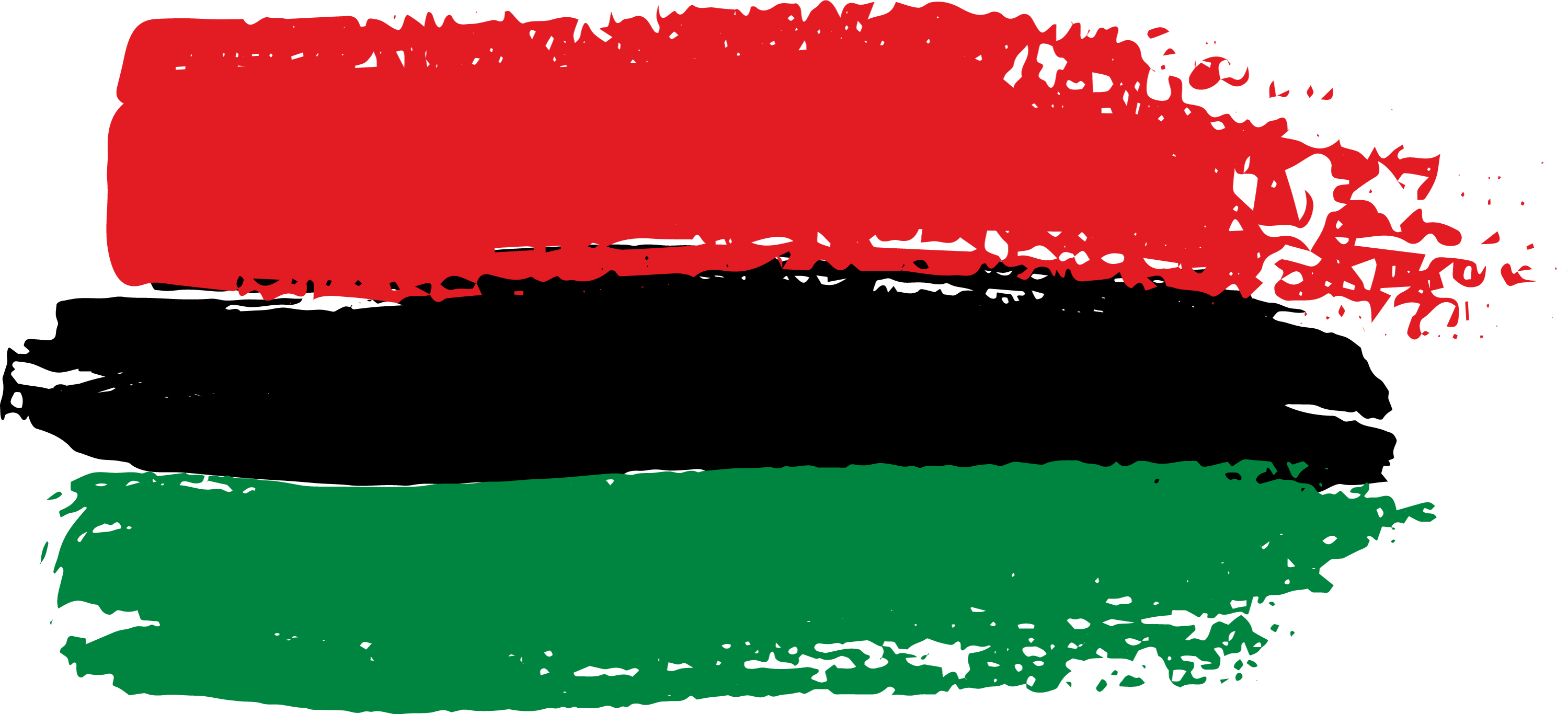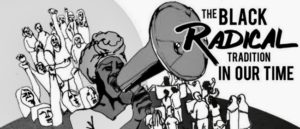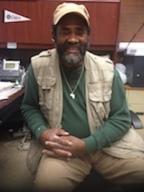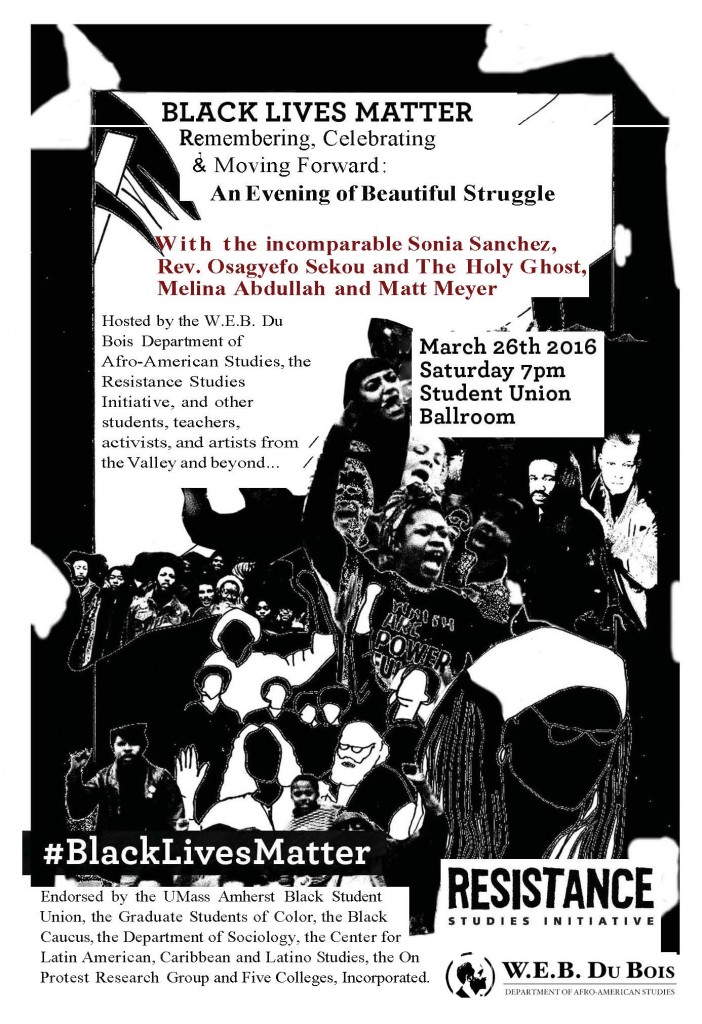A campus-wide, interdisciplinary engagement with the Black Lives Matter movement
___________________________________________________________________________________________
How to tell you of peace? Change? Hope?  Of racial and sexual and economic injustice? Of anAmerica rising up out of an aristocracy of death. An aristocracy of slavery. Racism. An aristocracy of color. An aristocracy of corporate greed? An America that made Langston Hughes write: “We the people must redeem our lands and make America, America again.” —Sonia Sanchez (SOS, 2014)
Of racial and sexual and economic injustice? Of anAmerica rising up out of an aristocracy of death. An aristocracy of slavery. Racism. An aristocracy of color. An aristocracy of corporate greed? An America that made Langston Hughes write: “We the people must redeem our lands and make America, America again.” —Sonia Sanchez (SOS, 2014)
_________________________________________________________________________________________
Dedication of a “Black Lives Matter” banner off the Amherst Town Commons
March 21 | Monday 12 noon – across S. Pleasant St. in downtown Amherst
Speakers will include Liberation Worker Dr. Barbara Love and Police Chief Scott Livingstone
*Sponsored by Coming Together: Understanding Racism, Building Fairness and Connection.
Community Forum on “Black Lives Matter” [Free and open to the public]
March 21, 2016 | Monday 7PM – First Congregational Church of Amherst, 165 Main St.
Featured multi-age panelists: Dr. Whitney Battle-Baptiste, Vira Douangmany Cage, Nurah Jaradat, Viseth Loeung, and Dr. Amilcar Shabazz followed by Community Discussion/Q&A.
Social Science Research Methods at the Frontier: Affirming Black Lives Matter
March 23 | Wednesday 12:30-2PM – UMass Campus Center Hadley Room (10th floor)
Featured Panelists: Dawn Dow (Syracuse/Sociology), Fredrick Harris (Columbia/Political Science), and Linda Tropp (UMass-Amherst/Psychology) reflect critically on the frontiers of research methods in each of their disciplines in light of the fight for racial justice. Co-sponsored by the Institute for Social Science Research and the Psychology of Peace and Violence Program.
Three scholars of race and politics reflect critically on the frontiers of research methods in each of their disciplines in light of the fight for racial justice. This event is part of a weeklong, campus-wide and interdisciplinary engagement with the Black Lives Matter movement, and is co-sponsored by ISSR and the Psychology of Peace and Violence Program. Please RSVP
Sharing the Prize: Reconsidering the Economics of the Civil Rights Movement
March 23 | Wednesday 4-6PM – Student Union Cape Cod Lounge
Professor Gavin Wright, author of Sharing the Prize: The Economics of the Civil Rights Revolution in the American South (2013), will present followed by three commentators: Professors John Bracey (W.E.B. Du Bois Department of Afro-American Studies), Gerald Friedman (Department of Economics), and Katherine Newman (Department of Sociology). There will be time for questions and discussion from the audience and a reception will follow the symposium.
Co-organized by Gerald Friedman, Johan Mathew, Priyanka Srivastava, and Carol Heim.
Critical Theory & Social Change Workshop: Confronting Racism in the Contemporary U.S.
March 24-25 | Thurs. 7-9PM; Friday 11:45-1:15/2:30-4PM | Campus Center/Cape Cod Lounge
A two-day workshop featuring Mariana Ortega and Touré Reed, who share a commitment to anti-racist organizing but represent different academic disciplines and adopt different theoretical approaches to analyzing racism. See https://www.umass.edu/stpec/events/critical-theory-and-social-change-confronting-racism-contemporary-us
Organized by the Social Thought & Political Economy Program.
Resisting Police: Social Science Resistance Series * A Lecture by Paul Amar
March 24 | 4PM | Cape Cod Lounge | http://www.umass.edu/events/resisting-police-social
Resisting Police Panel Discussion: Police Forces as Social Movements in Contentious Fields of Authoritarian-Populism, Militarized Masculinity, and Racial Brutality
March 25 | 4PM | Cape Cod Lounge | with Sonia Alvarez, UMass; Paul Amar, Global Studies, UCSB; Barbara Cruikshank, UMass; Donna Murch, History, Rutgers; Cathy Schneider, International Service, American U; Jillian Schwedler, Political Science, Hunter College
Feminist Poetics: Legacies of June Jordan Symposium
March 25 | Student Union Ballroom | www.umass.edu/afroam/documents/SaveTheDate4.pdf
A symposium celebrating the work of feminist poet, scholar and activist June Jordan, and her legacies in contemporary feminist poetics featuring Alicia Garza (#BlackLivesMatter), Lisa C. Moore (RedBone Press), Nadia Alahmed & (UMass), Samiya Bashir (Poetry for the People), Korina Jocson, Mecca Jamilah Sullivan, & Arlene Avian (UMass), Aneeka Henderson (Amherst College), Aishah Shahidah Simmons (Williams College), Kai M. Green (Northwestern University), Evie Shockley (Rutgers University), Che Gossett (poet and activist), Paula Giddings & Kevin Quashie (Smith College), Alexis Pauline Gumbs (Mobile Homecoming project), Cheryl Clarke (author, Living as a Lesbian), Barbara Smith (author, Writings on Race, Gender and Freedom), Sharon Page Ritchie (San Francisco Arts Council), Akasha Gloria Hull (author, Color, Sex, and Poetry), Margo Okazawa-Rey (Fielding Graduate University), Sonia Sanchez (author, Shake Loose My Skin), Evelyn Harris (Grammy award winning artist), and UMass student performers. Organized by Afro-American Studies & Women, Gender, Sexuality Studies
#BLM Remembering, Celebrating & Moving Forward: An Evening of Beautiful Struggle
March 26 | Saturday – Student Union Ballroom, 7PM hosted by the Du Bois Department of Afro-American Studies and Resistance Studies Initiative. Featuring the incomparable Sonia Sanchez, Rev. Sekou and the Holy Ghost, Melina Abdullah, Matt Meyer, and others.
Movement for Black Lives Strategy Retreat intergenerational luncheon
March 27 | Sunday – Campus Center Hadley Room, 1PM, RSVP to resist@umass.edu
Organized by the Du Bois Department of Afro-American Studies and Resistance Studies Initiative.
Social Science Research Methods at the Frontier: How do we heed the call?
Monday | March 28 | 12:30-2:00 pm – Bartlett 107
This inter-disciplinary dialogue aims to engage scholars across the Five Colleges to identify implications and shared agendas for social science research after a week of events centered on the Black Lives Matter movement and the fight for racial justice. This event is co-sponsored by the Institute for Social Science Research and the Psychology of Peace and Violence Program in collaboration with a wide range of partner organizations such as the Public Engagement Project and the GEO Black Caucus. Dialogue Moderators: TBA Please RSVP
University Museum of Contemporary Art | Exhibit—Question Bridge: Black Males
A video installation that aims to represent and redefine black male identity in America.
Question Bridge: Black Males is a five-channel video installation that aims to represent and redefine black male identity in America, and powerfully exposes the incredible diversity of thought, character, and identity within the black American male demographic, disrupting traditional generalizations. Created by Chris Johnson, Hank Willis Thomas, Bayeté Ross Smith, and Kamal Sinclair, the project explores challenging issues within the black male community by instigating a transmedia conversation across the geographic, economic, generational, educational, and social divisions of American society. For more info., click here
Students can arrange to get one-credit hour for academic work related to these events. Please contact Amilcar Shabazz, Du Bois Department of Afro-American Studies, for more info. Email: shabazz@chancellor.umass.edu
Webliography
Creating Social Transformation Through Building Deeper Relationships
Black Lives Matter -wedidntstartamovementwestartedanetwork-
Building a Manifesto BYP 100
Black Lives Matter + International Decade for People of African Descent
Intergenerational
Healing
Campus Racism
Historical commentary
http://www.newyorker.com/magazine/2016/03/14/where-is-black-lives-matter-headed
The New Yorker MARCH 14, 2016 ISSUE “The Matter of Black Lives: A new kind of movement found its moment. What will its future be?” BY JELANI COBB
On White Allyship









 former chair of the
former chair of the  Moores Chair of History and African American Studies at the
Moores Chair of History and African American Studies at the .jpg) University of Massachusetts Amherst, and he teaches in the area of historical studies with an emphasis on the political economy of social and cultural movements, education, and public history. Learn more about him from his Frankly speaking blog by clicking
University of Massachusetts Amherst, and he teaches in the area of historical studies with an emphasis on the political economy of social and cultural movements, education, and public history. Learn more about him from his Frankly speaking blog by clicking 


 Of racial and sexual and economic injustice? Of anAmerica rising up out of an aristocracy of death. An aristocracy of slavery. Racism. An aristocracy of color. An aristocracy of corporate greed? An America that made Langston Hughes write: “We the people must redeem our lands and make America, America again.” —Sonia Sanchez (SOS, 2014)
Of racial and sexual and economic injustice? Of anAmerica rising up out of an aristocracy of death. An aristocracy of slavery. Racism. An aristocracy of color. An aristocracy of corporate greed? An America that made Langston Hughes write: “We the people must redeem our lands and make America, America again.” —Sonia Sanchez (SOS, 2014)